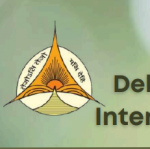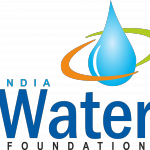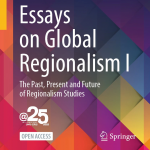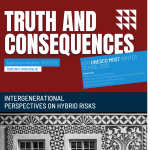UNU-CRIS is contributing to the Winter School organised by The Institute of Advanced Studies Kőszeg, Hungary
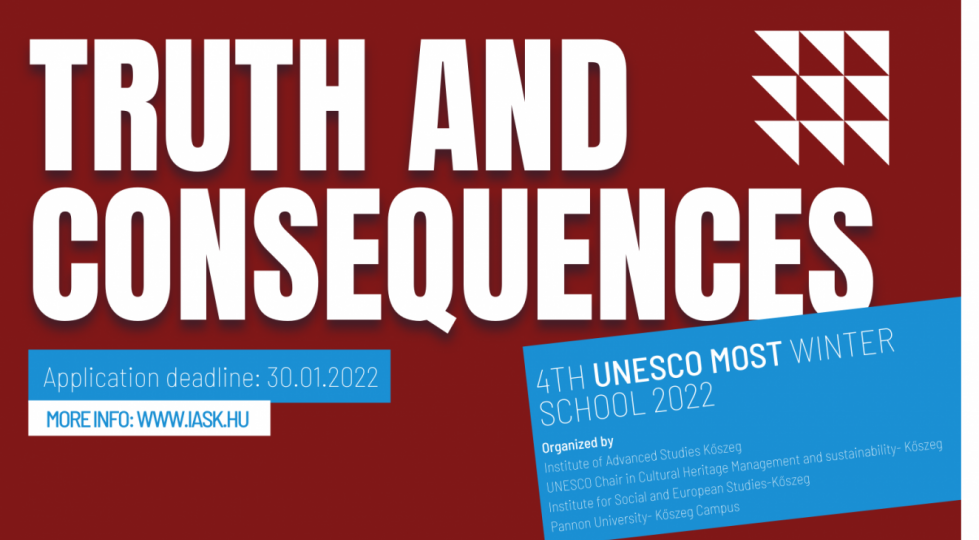
A post-Covid19 world troubled by multi-faceted environmental, political and economic crises, requires us to rethink the interconnected global challenges at hand today. A combination of drastic geopolitical shifts, restructured economic and social domains, novel political opinions, amplified environmental emergencies and complex migration waves poses unprecedented, hybrid risks threatening every aspect of life. Never before has the need for unorthodox and innovative approaches capable of embracing this current complexity and uncertainty been more urgent.
The 4th UNESCO MOST Winter School 2022 brings together interested participants for an intergenerational exchange of ideas and knowledge on transforming our future and building back better. Advanced graduate students, junior and senior scholars, as well as professionals and activists from a wider circle of civil society organizations are welcome to participate. Participants interested in interdisciplinary and cross-sectoral exchanges to transform current hegemonic thinking into a new paradigm that better mitigates interlinked and paradoxical risks are also invited.
The Winter School will include expert discussions on the various aspects of hybrid risks. The school will also include expert insights from UNU Climate Resilience Initiative team members Nidhi Nagabhatla (UNU-CRIS) and Zita Sebesvari (UNU EHS) — from the work packages Individual and community preparedness and responses and multi-level governance. Nidhi and Zita will share their knowledge during the panel titled, Is it Time to Start Panicking? Governance in the face of climate emergencies. Additionally, they will participate in the discussion on 22nd February, 2022.
In her intervention, Nidhi will also showcase UNU CRI’s mandate – particularly, the climate and mental health (climate grief) perspective along with other dimensions like cooperation, regional integration, collaboration, and collective action for climate risk governance in transboundary settings.
The broader discussion at the Winter School will revolve around the following topics:
- Our Hybrid Futures: Digital re-wiring, social distancing, and redefined lifestyles after Covid-19
- Is it Time to start Panicking? Governance in the face of climate emergencies
- How to Tell the Truth? Communication between science, politics (policy), and societies in times of crisis and change
- Challenged Democracies: Deconstructing old values, creating new alliances, and (re)building social trust in (post)pandemic times
- Rethinking Europe and its Geopolitics in the Contemporary Era
- Southeast Europe at a Geopolitical Crossroads: Between China, Russia, and the European dream
- Who are We? Transformation of modern identity influenced by migrations, modern lifestyles, technocultures, social media, and accelerated prosumption: intergenerational perspectives
More about the event: Truth and Consequences- UNESCO MOST Winter School by iASK - Intergenerational Perspectives on Hybrid Risks - iASK - Institute of Advanced Studies Kőszeg
The 4th UNESCO MOST Winter School 2022 is organised by the Institute of Advanced Studies Kőszeg (iASK) and the Institute for Social and European Studies (ISES), in cooperation with the University of Pannonia, and the UNESCO Chair of Kőszeg.

Dr Nidhi Nagabhatla will make a presentation for the panel Is it Time to Start Panicking? Governance in the face of climate emergencies to participate in the discussion on 22nd February. In her intervention, she will also showcase the mandate of ‘ UNU Climate Resilience Initiative, in particular, the climate and mental health (climate grief) perspective along with other dimensions like cooperation, regional integration, collaboration, and collective action for climate risk governance in transboundary settings.
Please click here to know more about this event.

